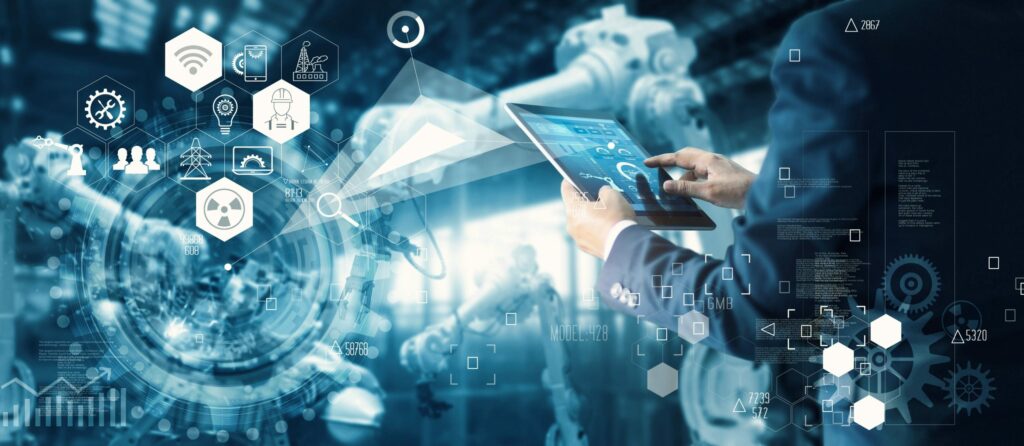
The construction industry, known for its complexity and scale, is ripe for transformation through Artificial Intelligence (AI). By integrating AI into construction engineering, firms can enhance efficiency, safety, and overall project outcomes. Here are five innovative ways AI can revolutionize construction engineering services:
1. Predictive Maintenance and Equipment Management
AI-powered predictive maintenance systems can significantly reduce equipment downtime and maintenance costs. By analyzing data from sensors on machinery, AI can predict potential failures before they occur, allowing for timely maintenance and repair. This proactive approach ensures that equipment is always in optimal working condition, minimizing delays and extending the lifespan of machinery.
2. Enhanced Project Planning and Scheduling
AI algorithms can process vast amounts of data to optimize project planning and scheduling. By considering factors such as weather conditions, labor availability, and supply chain logistics, AI can create more accurate and efficient project timelines. This capability helps in reducing project delays and cost overruns, ensuring projects are completed on time and within budget.
3. Safety Monitoring and Risk Management
AI can improve safety on construction sites by monitoring and analyzing real-time data from various sources, including cameras, sensors, and wearable devices. AI systems can identify potential hazards, such as unsafe worker behaviors or hazardous conditions, and alert supervisors to take preventive actions. This real-time monitoring helps in reducing accidents and ensuring a safer working environment.
4. Design Optimization and Generative Design
Generative design, powered by AI, allows engineers to explore a vast number of design alternatives quickly. By inputting design goals and constraints, AI can generate multiple design options that optimize for factors such as material usage, structural integrity, and cost. This technology enables more innovative and efficient designs, reducing material waste and improving overall project sustainability.
5. Quality Control and Defect Detection
AI can enhance quality control processes by using machine learning algorithms to analyze images and detect defects in real-time. Drones equipped with AI-powered cameras can survey construction sites and identify issues such as cracks, misalignments, or deviations from the design specifications. This early detection allows for prompt corrective actions, ensuring high-quality construction and reducing rework costs.
Conclusion
Integrating AI into construction engineering services offers numerous benefits, including increased efficiency, enhanced safety, and improved project outcomes. By leveraging predictive maintenance, optimized planning, real-time safety monitoring, generative design, and advanced quality control, construction firms can stay ahead in a competitive market. As AI technology continues to evolve, its applications in construction engineering will only expand, paving the way for smarter, more sustainable construction practices.
Work with www.insource-global.com and contact Tom Schaffer at tschaffer@insource-global.com for more information about how to incorporate AI solutions in your business.










